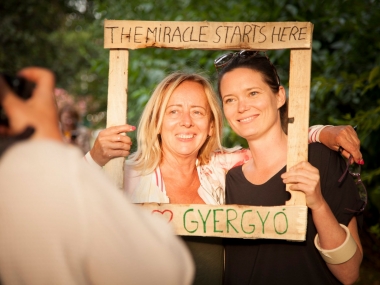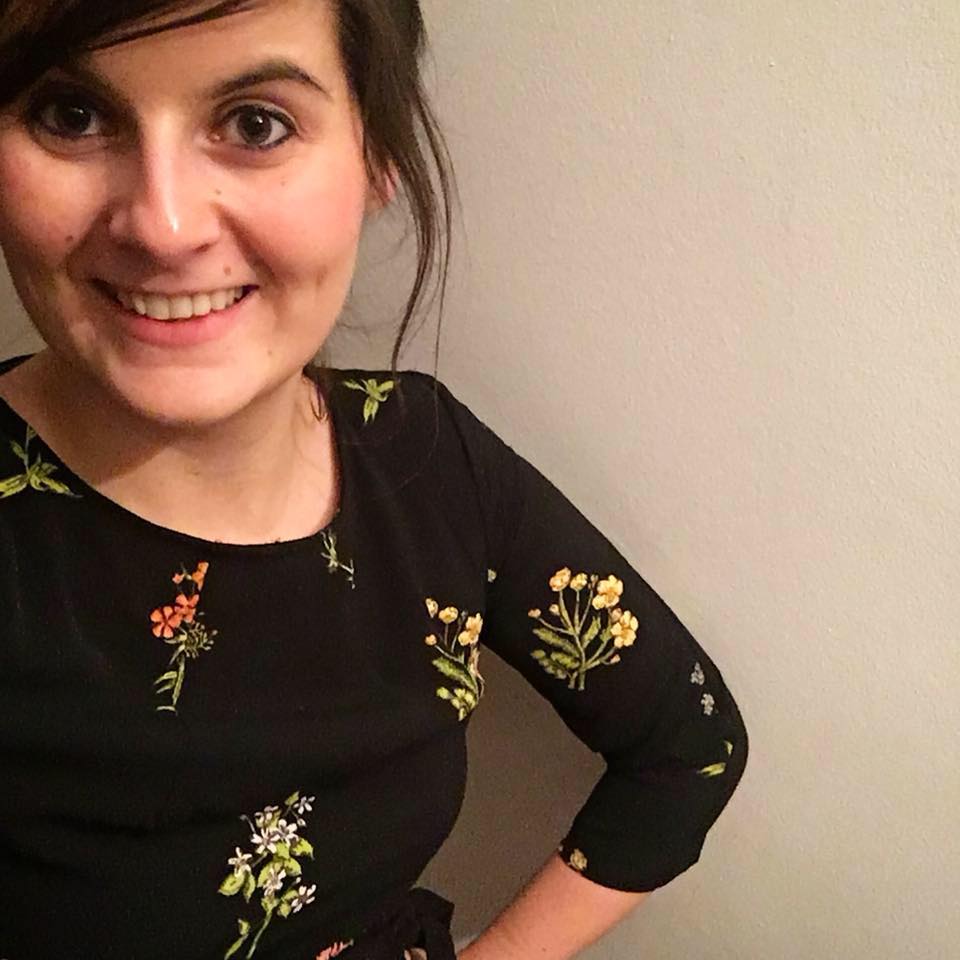Talking Armenian houses in Gyergyószentmiklós / Gheorgheni
Edited on
06 October 2019On a sunny Saturday afternoon, in a small city in Hargita/Harghita County, houses began to talk. This isn’t the beginning of a Transylvanian fairy tale but the story of a cultural event organized in Gyergyószentmiklós/Gheorgheni by a handful of enthusiastic civilians seeking to share the untold stories of the architectural part of the Armenian heritage shaping the look of the city center.

Ten houses have opened their gates to all visitors – from within and six European countries – curious to hear about the history and stories related to these homes. After greeting the participants, the organizer of the event, Levente Gál, quickly briefed them about the history of the city and how Armenians have influenced the look of the city center, which assumed its final shape during the nineteenth century and the current look in the early 1920s.
Armenians first appeared on the territory of what is now Romania in the 9th century c.e. fleeing from the Bagratuni rule and in the 13th century, in order to stay ahead of the Mongol invasion.In 1940, about 40,000 Armenians lived in Romania. During Communism they began to leave the country and their exodus sped up when dictator Nicolae Ceaușescu closed all Armenian schools.
With the help of a map, the Come in! We open the city! Program participants visited the houses opened for this special day and enjoyed the inside views in the company of the people populating the spaces behind the walls.
The project was initiated by a group of civilians who joined the European Territorial Cooperation program (URBACT) launched by the European Union Regional Development Fund, along with six other partners from different European countries. This specific project is part of the Come in! Talking Houses – Shared Stories program, involving seven countries: Romania, Croatia, Poland, Italy, Finland, Spain, and Hungary. The initiators have big plans for the future and hope to see many other houses opening their gates and more visitors joining the cultural journey.
More photos: here
Istvan Fekete/ transilvanianow.com
 Submitted by k.tapody on
Submitted by k.tapody on
